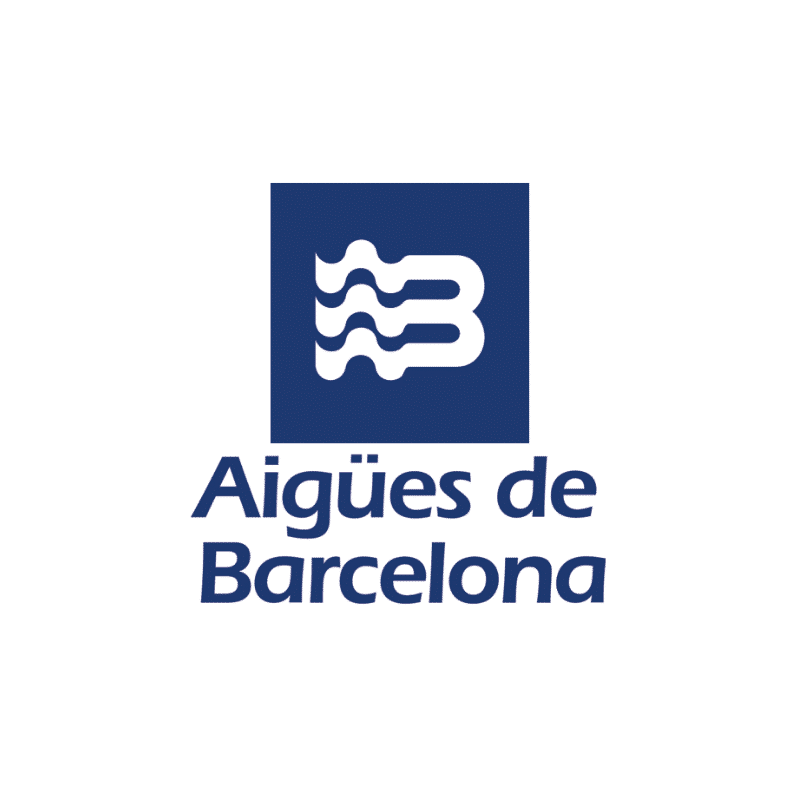United Kingdom (London)
Most people’s concept of what a museum is needs updating. In response to the challenges of COVID, the digitisation of culture and a desire to connect and engage as widely as possible, the museum is breaking free of its own walls.
Take the Climate Museum UK; free from ties to a physical building, this creative collective runs a mobile and digital museum to stimulate and record responses to the climate and ecological emergency. The museum uses art, objects, ideas, games and books to activate people and help them to play, make, think and talk about the Earth crisis and to open their imaginations to possible futures.
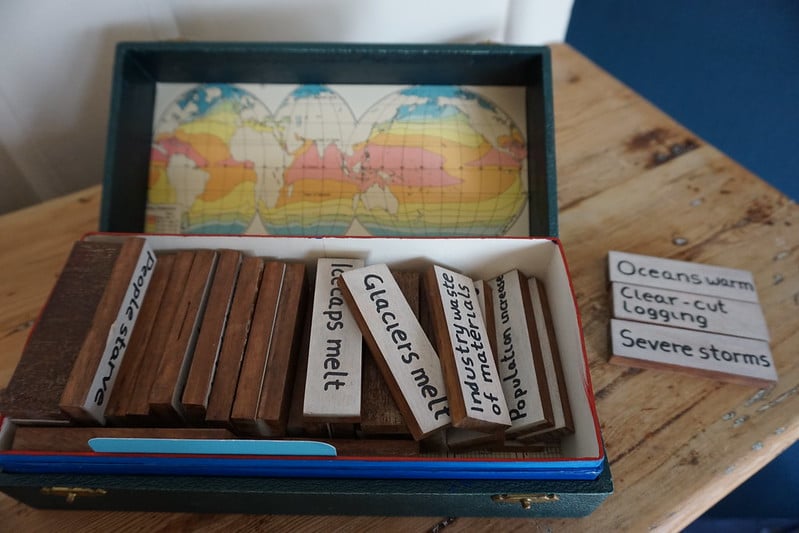
It was founded by creative curator Bridget Mckenzie (pictured below) out of a desire to combine a former career leading digital and learning programmes at major UK cultural institutions, including the Tate and the British Library, with her personal and family commitments to the environmental movement.
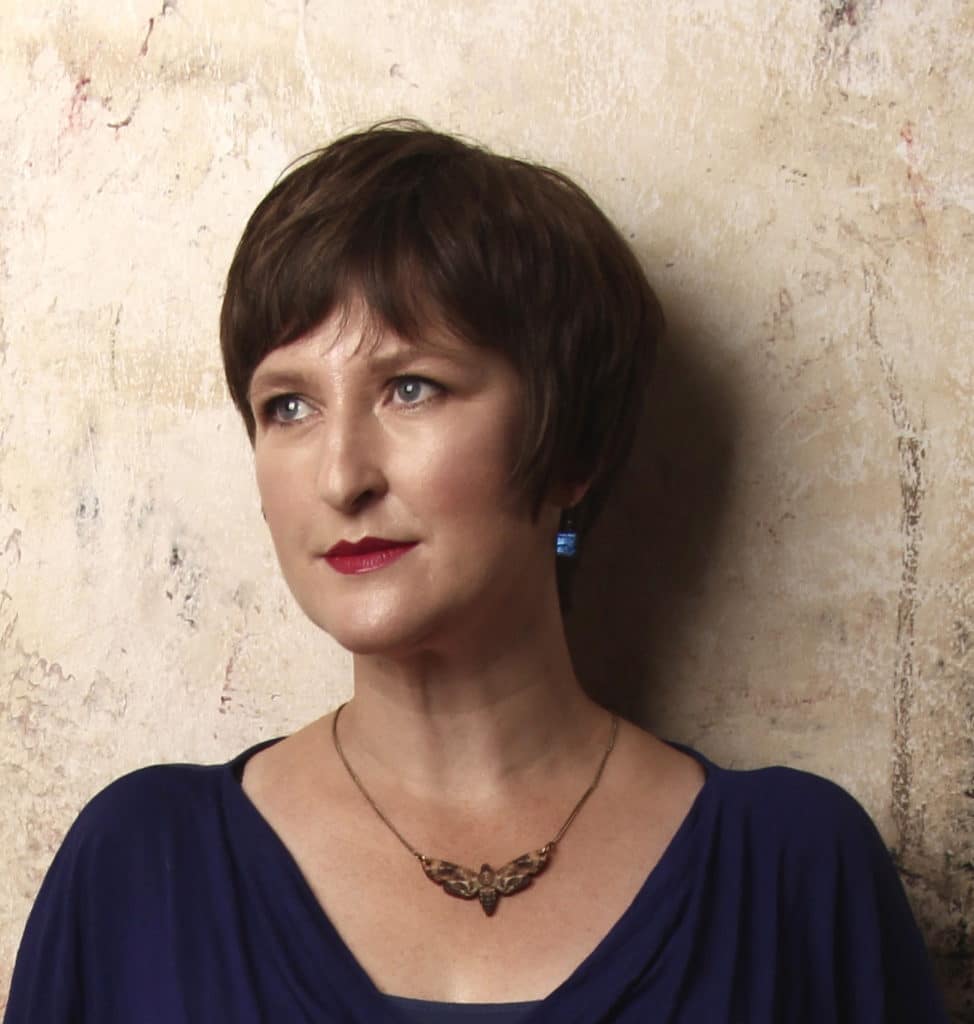
“I was doing a lot of projects to bring these two strands of my life together outside of my normal work – running mostly unfunded local creative ecology projects – but it all felt a bit lonely and unresolved”, says Bridget. To address that, she went on the Creative Climate Leadership course, run by creative climate community, Julie’s Bicycle, after which she decided to set up an organisation “to enable the creation of a regenerative culture, using the arts”.
Initially Bridget imagined a training and development organisation, but after meeting Miranda Massie, the director of the Climate Museum in New York, she realised she wanted to create something with similar ambitions, and in 2018 the Climate Museum UK was born.
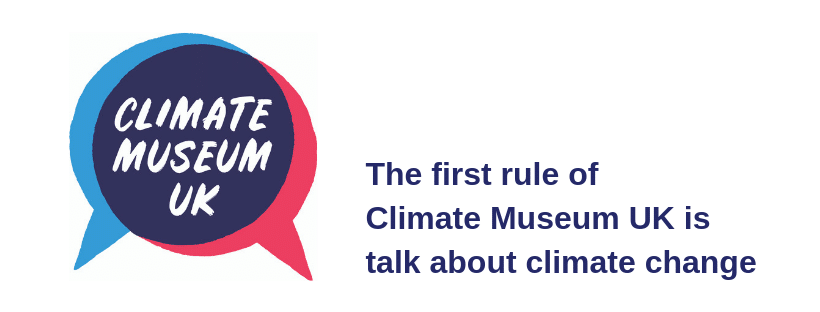
“I didn’t want to squirrel away privately” Bridget continues, “so I put it out there and ran a series of prototyping workshops – and we’re still evolving, but are getting to an agreed notion of what it is we’re doing”.
Bridget aspires to help people understand how to expand the range of responses to the Earth crisis and the great potential of cultural, educational and science organisations to enable a transition in people’s attitudes and behaviours. However, funding limitations and funder focus on traditional heritage or cultural topics can constrain that potential – as can fear: “denial and fear can prevent institutions from engaging with the issue, because it’s too difficult,” Bridget adds.
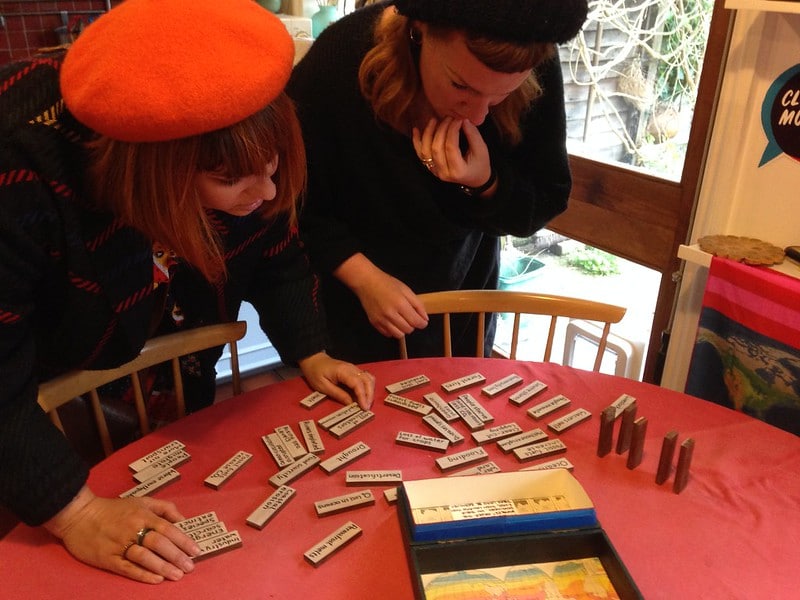
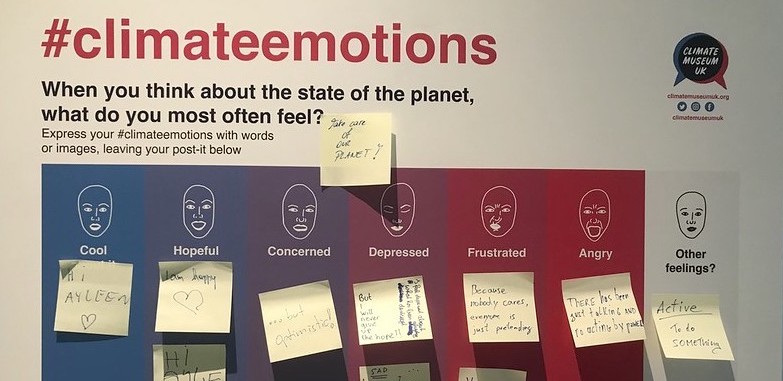
Having a physical building can also constrain the discussions: “If you’ve got a building and people raise the question of the environment, it’s incredibly hard to get beyond the questions of how do we recycle coffee cups and how do we reduce our energy?” she explains. Climate Museum UK, meanwhile, as a distributed network of practitioners working with found objects and recycled materials has had a very light footprint from the outset.
One area of focus is to help local museums restore their relevance to their communities: whether that’s documenting the climate movement or exploring community energy transition. “We are a museum, but we are also acting as a provocateur, a demonstrator and a helper”, Bridget adds. “We want to get funding to work with local partner museums to help them to develop tools, trails and resources that can put an eco-lens on their collections.”
The Museum is collaborating with local government partners too. They’re working with the London borough of Lewisham – which will be ‘Borough of Culture 2022’ with a specific focus on climate action – to host creative climate conversations in the local community.
The Climate Museum UK team are also doing deep work with complexity, moving the debate beyond the binary question of whether engaging people with the climate crisis needs more space for education or for imagination – in particular given the failures of attempts to engage wide audiences through factual information alone.
“The challenge is hugely multi-dimensional. We have to work at the spiritual (in the most secular sense of the word) and emotional level.”
“We need to work practically and physically – get out there in the soil and do projects where people are building, designing and testing things”, Bridget tells us. “Then the imagination is a force throughout that, which is what we call being possitopian: expanding the range of your imagination to the fullest range of possibilities, from the very worst to the very best, most kind, loving, flourishing way that we can live together.”

Other projects include exploring the potential for digital commons collections. “Essentially, if you think of cultural collections as data, then how can you put an ecological lens on digital collections, and also enable end users to find what they need.” One innovation is to see activists as a user group for digital collections – a fitting approach for an organisation that won an Activist Museum Award 2019/20.
In her work as co-founder of growing global community of arts and culture champions, Culture Declares Emergency, Bridget is pursuing how the letter ‘R’ for ‘Regenerative’ could be added into the much used acronym STEAM – changing it to STREAM. Ideas include a festival of regenerative arts that would use data to explore what is happening with the damage to, and then the repair, of places: “It would be about art healing places. It’s a new take on outdoor arts, and how they can be really rooted in caring for places”, she explains.
On top of this programme of activities are regular talks and workshops for different audiences including schools, cultural and educational institutions. Through curation and play with objects, Climate Museum UK is inspiring conversations and charting a new path for how culture can help us respond to the Earth crisis.
AtlasAction: Climate Museum UK invites you to start new conversations about climate and ecology – and open yourself up to a ‘possitopian’ viewpoint, taking a wider view of what our future could be. Get in touch or sign up to the newsletter to find out more.
Project leader
Bridget McKenzie, Founding Director
Partners
This project has been selected as part of CultureFutures, a storytelling project that maps creative and cultural projects with a social mission – and the artists, collectives and entrepreneurs behind them.
Support the Atlas
We want the Atlas of the Future media platform and our event to be available to everybody, everywhere for free – always. Fancy helping us spread stories of hope and optimism to create a better tomorrow? For those able, we'd be grateful for any donation.
- Please support the Atlas here
- Thank you!



